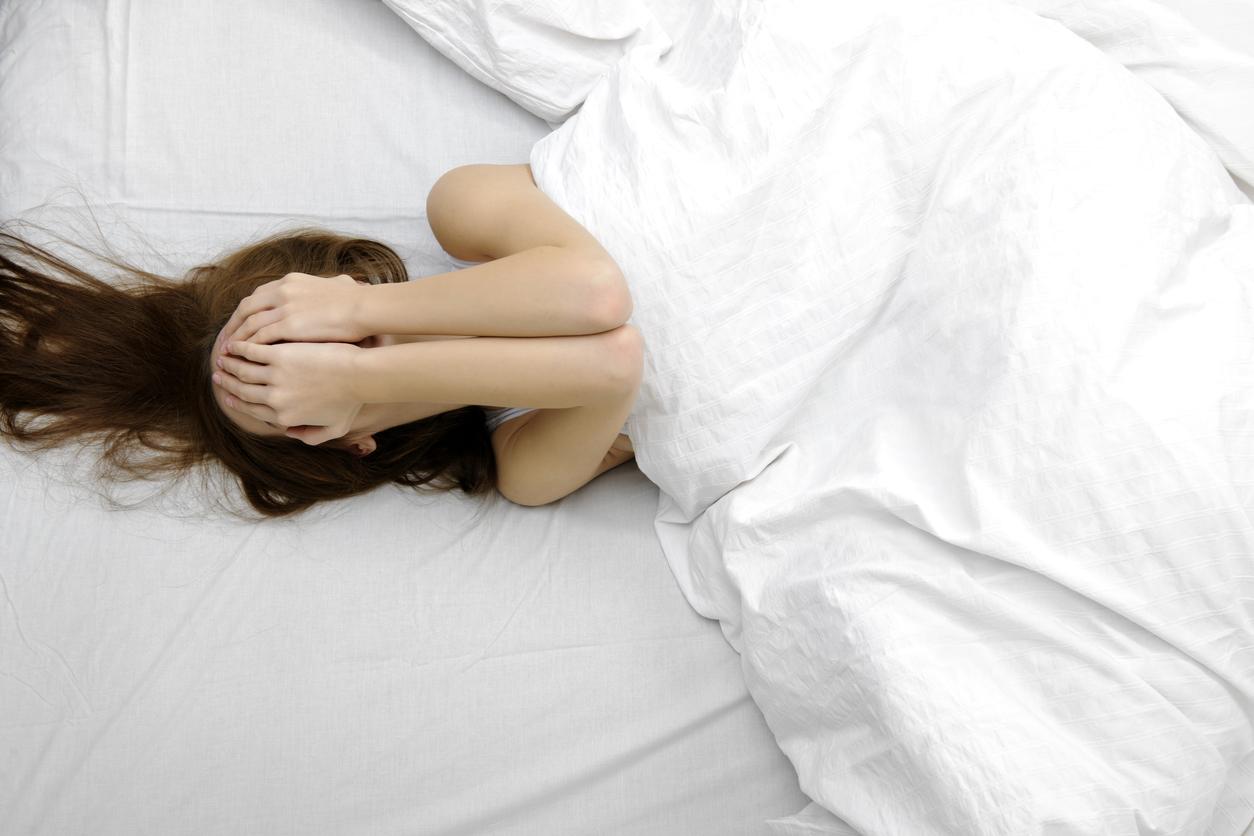Lack of sleep liked to anxiety and depression, finds study
It suggests that insomniacs are less able to overcome negative thoughts

People who sleep less than eight hours a night are more likely to suffer from anxiety and depression, new research suggests.
This, it says, is because insomniacs are less able to tackle negative thoughts and disengage with negative emotions than those who get a sufficient amount of sleep.
Published in the Journal of Behaviour Therapy and Experimental Psychiatry, the study analysed 52 adults with “repeated negative thinking” (RNT) – the compulsive focus of attention on thoughts that cause sadness, anxiety and stress.
Participants’ sleep patterns were determined through interviews and their eye movements were monitored after being shown images intended to trigger an emotional response, as well as neutral pictures.
Interestingly, the results revealed that getting an insufficient amount of sleep – less than eight hours – causes people to spend more time looking at emotionally negative images and means they are unable to disengage from the negative pictures they view, Science Daily reports.
“We found that people in this study have some tendencies to have thoughts get stuck in their heads, and their elevated negative thinking makes it difficult for them to disengage with the negative stimuli that we exposed them to,” said study author Professor Meredith Coles from Binghamton University.
“We realised over time that this might be important - this repetitive negative thinking is relevant to several different disorders like anxiety, depression and many other things.”
The researchers are now carrying out further studies to determine how the duration of sleep contributes to psychological disorders.
It is hoped that additional findings will mean that psychologists may one day be able to treat anxiety and depression by helping the sufferer get a better nights rest.
Join our commenting forum
Join thought-provoking conversations, follow other Independent readers and see their replies
Comments
Bookmark popover
Removed from bookmarks